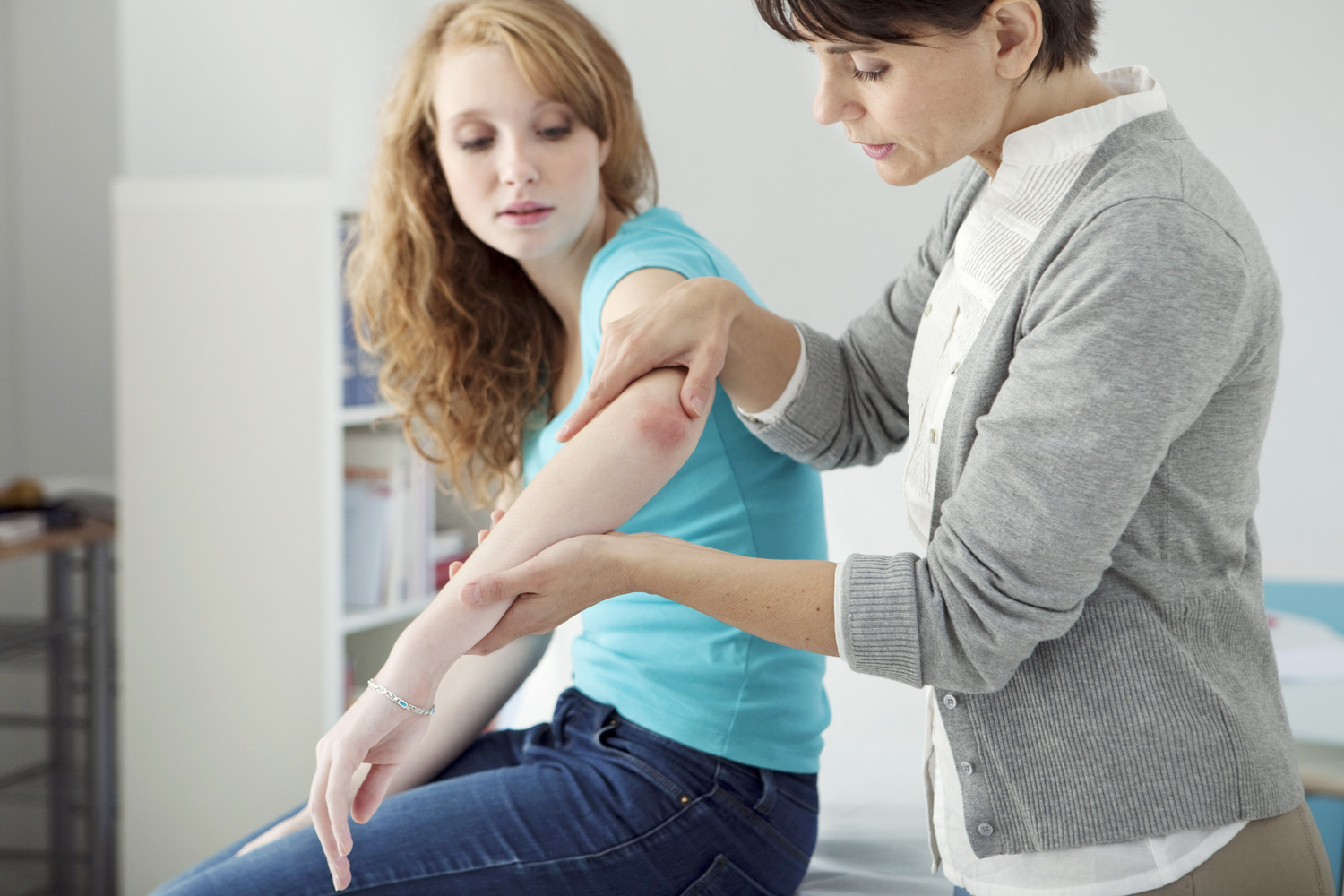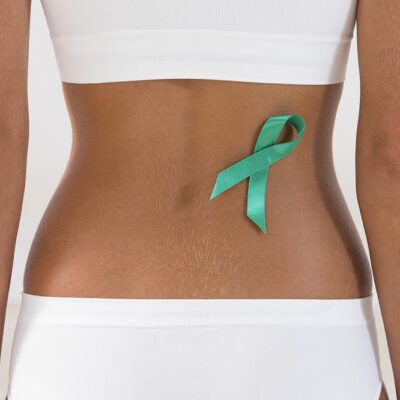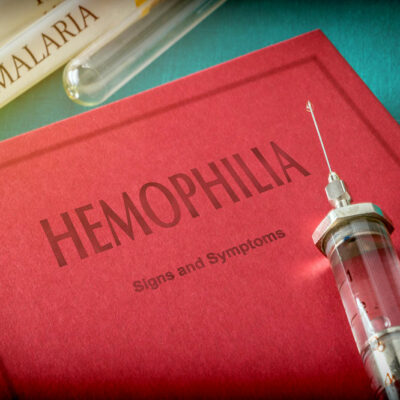
Treatment Medications and Foods to Avoid for Psoriasis
Psoriasis is a skin condition in which thick, scaly patches form on the skin. These patches are a series of cells that gather at almost any area and form red, itchy scales that are grayish white. These malformed cells can itch and burn on the affected area. Common treatments include topicals and medications. Concerns about treatment and medication for psoriasis are natural. Any side effects should be reported to your doctor. The most prescribed psoriasis medications include:
- Adalimumab (Humira)
- Etanercept (Enbrel)
- Infliximab (Remicade)
- Ustekinumab (Stelara)
- Secukinumab (Cosentyx)
- Ixekizumab (Taltz)
- Guselkumab (Tremfya)
- Tildrakizumab (Ilumya)
- Certolizumab (Cimzia)
- Apremilast (Otezla)
A lower dose of medication may be possible with a few lifestyle changes. Avoiding these six foods can help reduce your symptoms along with the right treatment:
1. Wheat and rye
The gluten contained in wheat and rye is known to cause skin flare-ups. Breads and grains that have these ingredients should be avoided.
2. Tomatoes
Tomatoes are known to trigger flare-ups that are associated with psoriasis. Current research yields a startling discovery of a chemical compound called solanine, which can cause inflammation for some. Solanine is actually known as a poison that can cause other issues, such as gastrointestinal problems and nausea. It also results in aggravated and painful lesions.
3. Eggplant
Eggplant has a fair amount of the solanine compound. Eating it could trigger more symptoms of psoriasis. Avoidance of it is advised by some medical experts in order to lessen the occurrence of skin patches.
4. Red meat
Red meats such as ground beef, steak, pork, and hamburger all top the list. These items may be tasty, but they don’t go well with psoriasis. The reason for avoiding these products has to do with a single ingredient: arachidonic acid. It’s a polyunsaturated fat that has properties that are harmful to your skin. They can aggravate your symptoms and cause more frequent outbreaks. Time to give up those Big Macs.
5. Alcohol
Your evening brew can impact psoriasis. Blood vessel dilation releases T-cells along with other blood cells, which leads to aggravated lesions, pain and swelling. Ditching that favorite cocktail may be your key to relief.
6. Caffeine
If you wish to see progress in your treatment, you may want to skip that cup of Morning Joe. Caffeine consumption has some sort of correlation to lesions and flare-ups. To date, no ingredient has been found, but giving it up can still help your symptoms.
These lifestyle changes can be effective in reducing psoriasis symptoms. With them, you could take medication at a lower dose and thus relieve the impact of side effects. And though it seems impossible, these changes can make living with psoriasis far less painful and uncomfortable.


